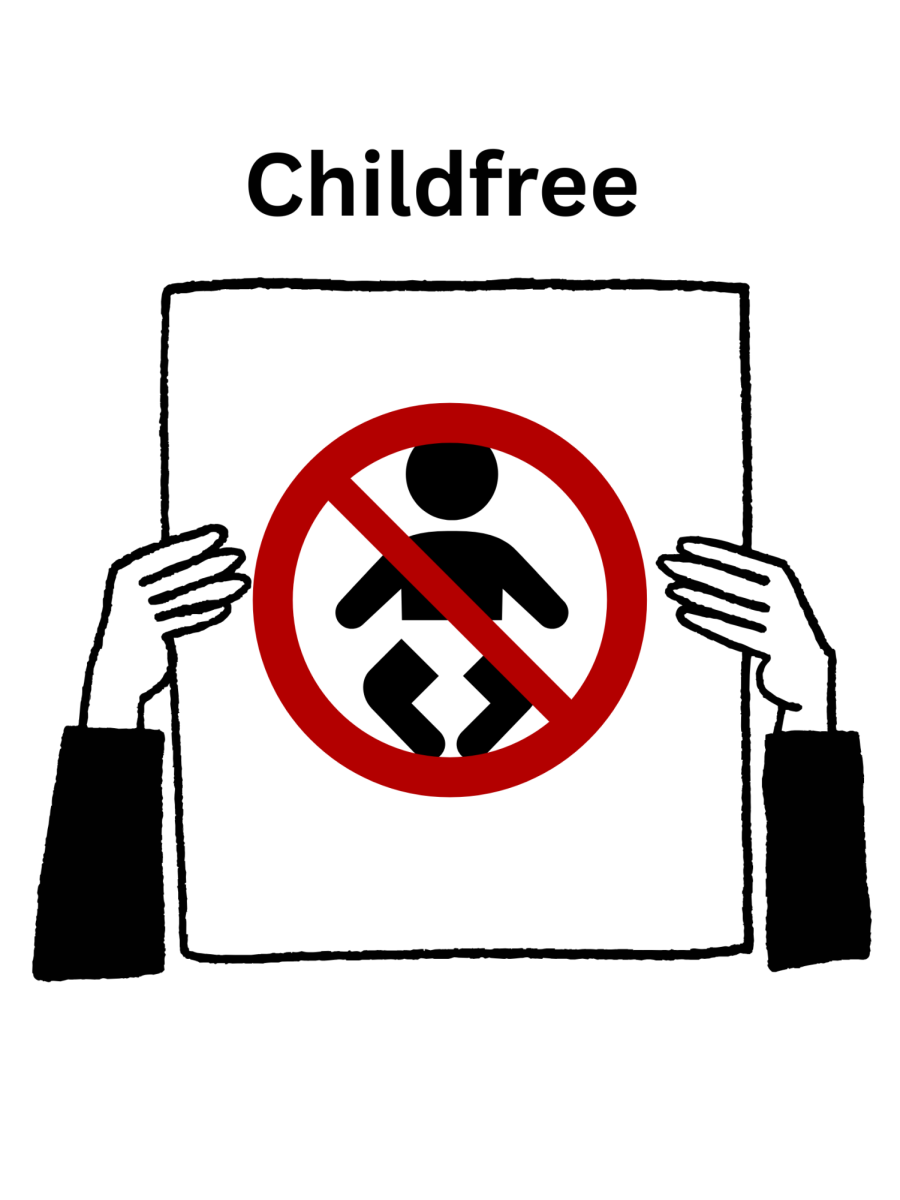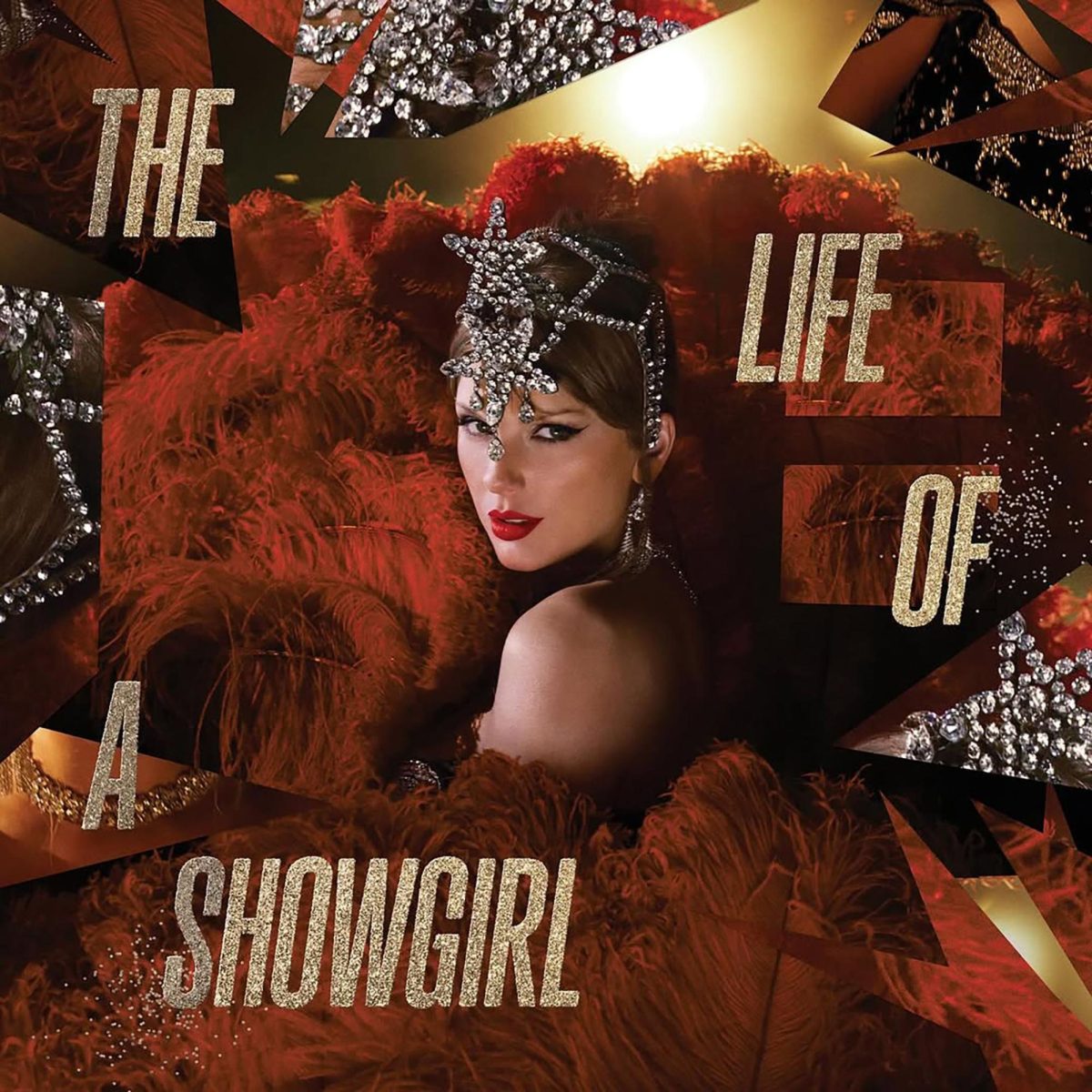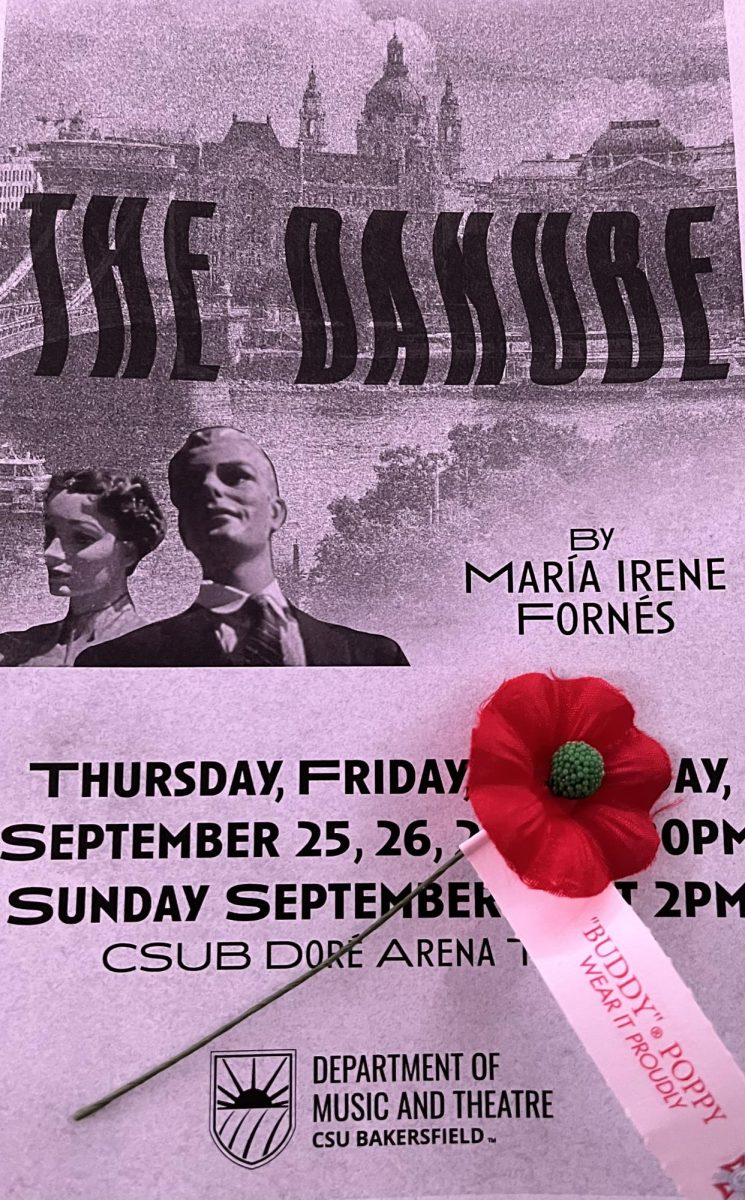By Alex Ripepi
Opinions Editor
University of California, Santa Barbara’s student government recently requested that certain literature classes containing mature subject matter to outline “trigger warnings” in the syllabus. Some suggested warnings involved notifying students of anti-Semitic sentiment in “The Merchant of Venice” and misogyny and graphic images in “The Great Gatsby.”
While the intention behind the suggestion is admirable, the problem is that triggers and Post-Traumatic Stress Disorder are being trivialized in society quite frequently, similar in occurrence to the trivializing of attention deficit disorder anytime somebody is having trouble concentrating.
“Any kind of blanket trigger policy is inimical to academic freedom,” said Lisa Hajjar, a sociology professor at UCSB. “Any student can request some sort of individual accommodation, but to say we need some kind of one-size-fits-all approach is totally wrong. The presumption there is that students should not be forced to deal with something that makes them uncomfortable is absurd or even dangerous,” said Hajjar.
I hate to pull this card, but I have a relative who’s experienced serious PTSD, and if serious enough, the disorder can cause literally crippling stress that can entirely interrupt a person’s life.
This isn’t a case of somebody being mildly discomforted by a mention of racism, violence or misogyny. It’s a serious problem that can spiral out of control if untreated or ignored, which is exactly what a blanket warning like this promotes.
Consider Obsessive-Compulsive Disorder as an example of this. It’s a phrase that is now thrown around like it means you sort of maybe sometimes kind-of appreciate uniformity.
We live in a culture that is much too quick to jump to a conclusion, and even quicker to try and identify with somebody else’s situation that they may have no connection to. This isn’t to say that trigger warnings in general are a bad thing, but assuming that college students have no prior knowledge of such influential pieces of literature is insulting. It really all comes down to the fact that this is enabling faux-PTSD claims.
As far as the damage this could do to the literature itself, how can one label “The Adventures of Huckleberry Finn”? Would it be more apt to imply the book is racist, ignoring any commentary that Mark Twain offered on the subject, or to ignore the several uses of the N-word and let the reader decide Twain’s intentions?
This labeling of literature would cause more harm than good, and at a university level, at least a level of education, especially among those who’ve experienced severe trauma, about sensitive subject should exist already.








